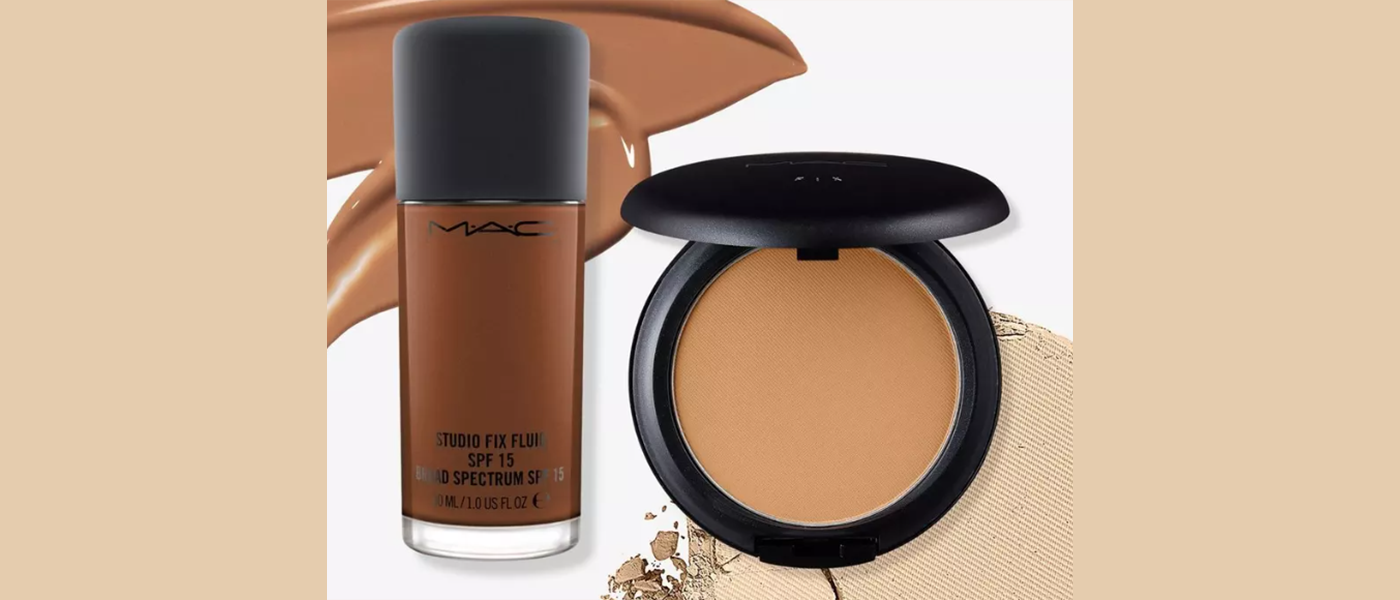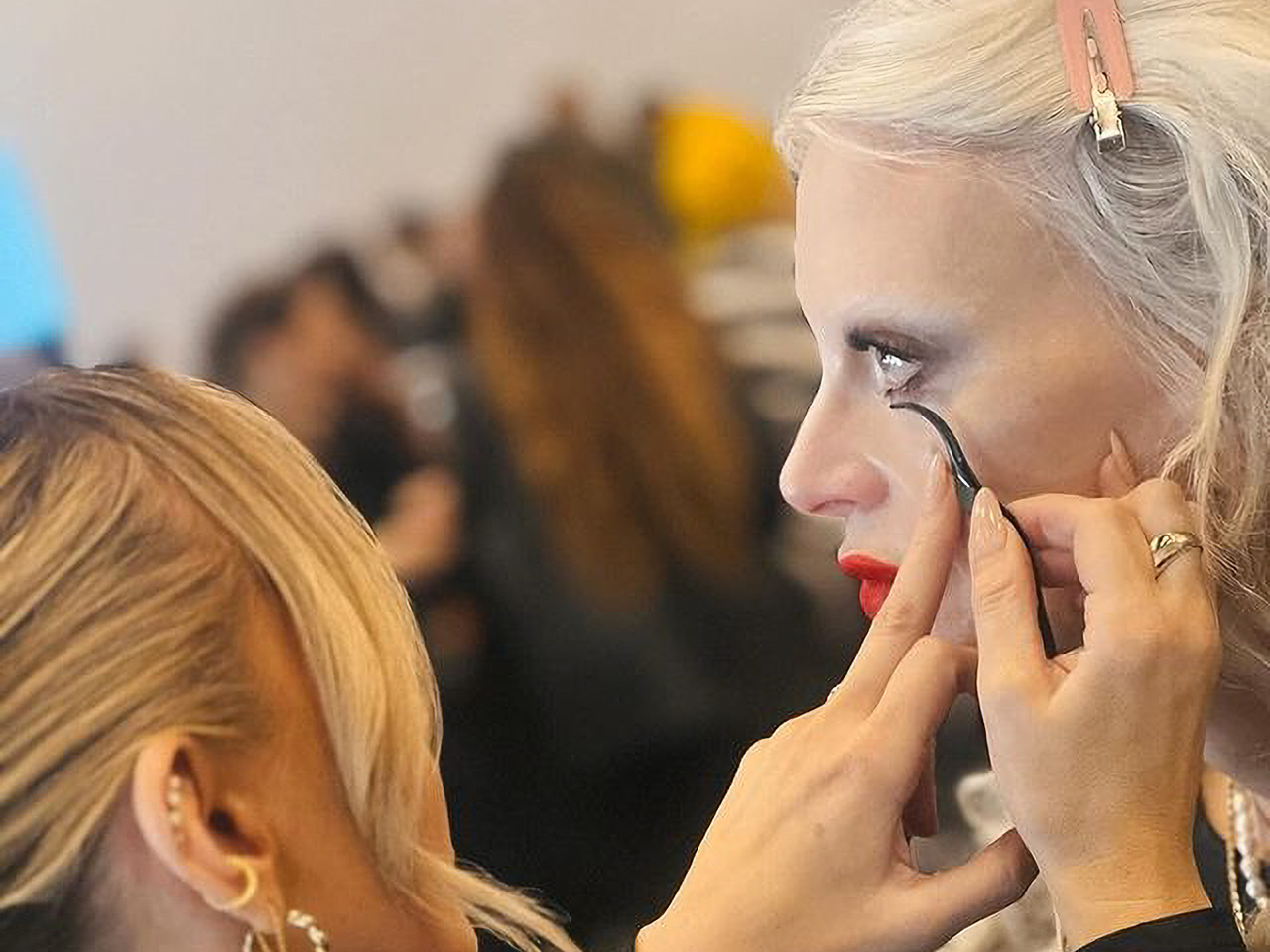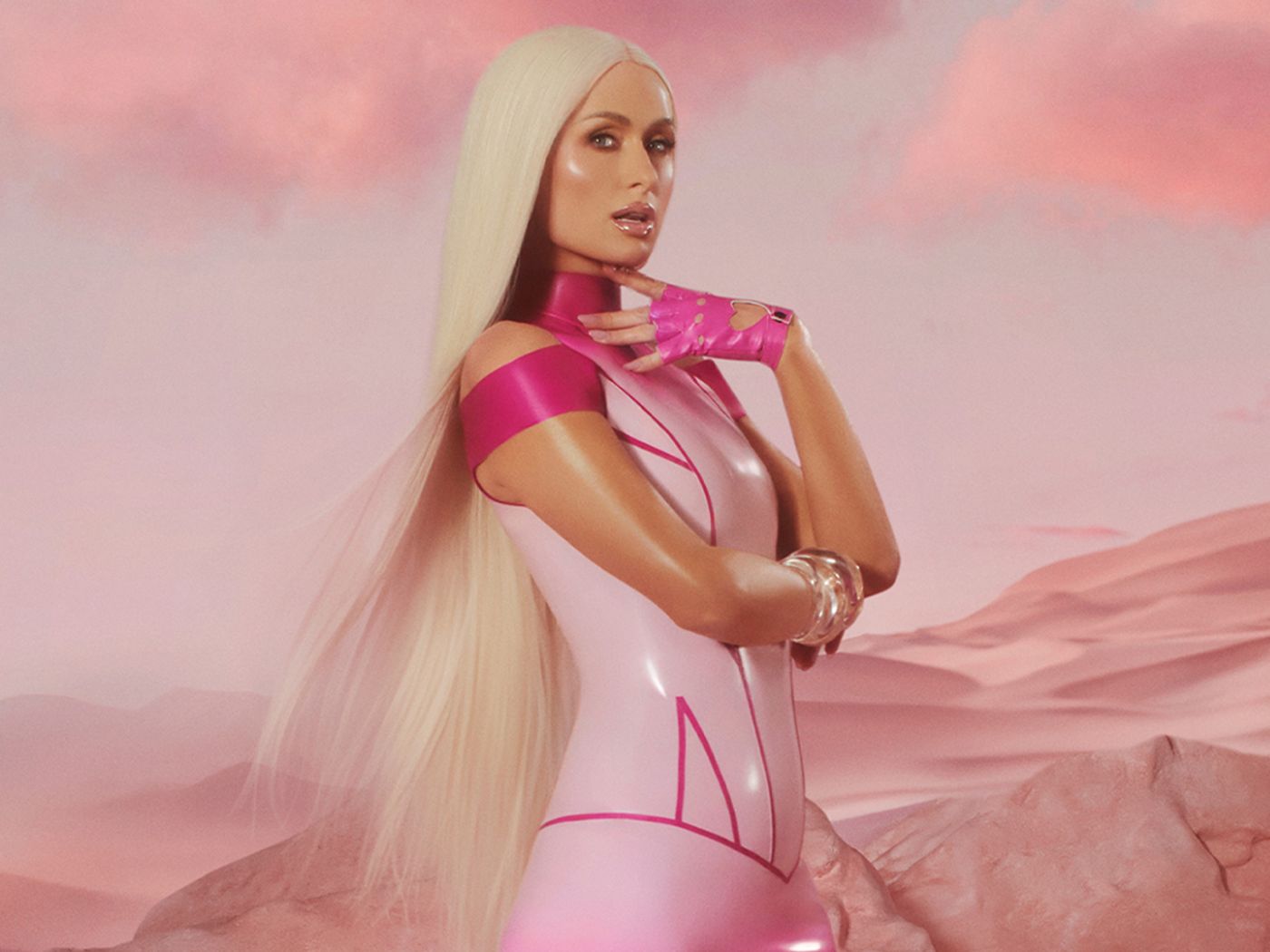By Sd Modiano
Historically, Estée Lauder has recovered from the various challenges presented by global economic headwinds. Wednesday morning’s call with the financial community showed what the beauty firm is up against.
For the first quarter of 2023 ended September 30, sales were down 11 percent to $3.93 billion, while net earnings dipped 29 percent to $489 million. Organic net sales declined 5 percent.
Lauder, not immune to world conditions, was hit hard specifically by China’s COVID-19 restrictions, global inflation, and a lack of travel, causing it to cut their outlook for fiscal 2023.
While the company believes the headwinds that impacted its first quarter results are largely temporary, Lauder said it is apparent that both the timing and speed of the stabilization of inflation and recovery from both the pandemic and currency challenges are uncertain.
In turn, Lauder announced a large cut to top line expectations in terms of organic sales growth for the fiscal year. The company expects organic sales for the second quarter to fall 11 percent to 9 percent, primarily reflecting the continued risk of disruption in Hainan, leading to further tightening of inventory and continued tightening of inventory by certain retailers in the U.S. For the full year, Lauder expects organic sales growth to range from flat to up 2 percent.
There were bright spots.
Multiple engines of growth, including emerging markets, Japan, the U.K., Brazil, India, the Middle East, and Thailand offset losses in Asia travel retail and domestic China, as well as tighter inventory management by some retailers in the U.S.
In Latin America, a strong recovery in makeup yielded double digit growth. The Middle East and Africa saw a 5 percent sales decline. Asia and the Pacific had a 7 percent decline in sales, mainly due to the COVID restrictions.
Lauder’s CEO, Fabrizio Freda, said he was optimistic for long term growth with its profitable prestige beauty brands, including La Mer, Tom Ford Beauty, Aveda, and Bobbi Brown, which contributed to online growth.
Lauder’s U.S. freestanding stores benefited from high-touch services such as at M.A.C. (overall growth was 22 percent), and the personalization offered by Jo Malone and Le Labo. Brands sold within Ulta Beauty at Target and Sephora at Kohl’s saw “great demand” according to Fabrizio. Both M.A.C. and Bobbi Brown will expand their presence with these partnerships.
Highlights of the call revealed M.A.C. grew significantly in make-up, La Mer in luxury skin care, Jo Malone in fragrance, and Aveda in hair care. Hair care overall saw double-digit growth with the launch of Aveda in mainland China, marking the company’s entry in prestige hair care there. Also in hair care, Bumble and bumble entered Ulta Beauty at Target, and expanded into Macy’s. Lauder’s newest brand, The Ordinary, which highlights ingredient transparency, also saw sales increases.
Fragrance sales saw an 18 percent sales spike organically and expanded in every region. During the quarter, Lauder expanded its luxury portfolio with the addition of Balmain Beauty.
“Our optimism in the long-term growth opportunities for our brands and for prestige beauty is intact. During fiscal year 2023, we plan to continue investing in our brands, including for innovation, advertising, strategic entry into new countries and expanded consumer reach to grow profitable prestige beauty share,” said Fabrizio.




